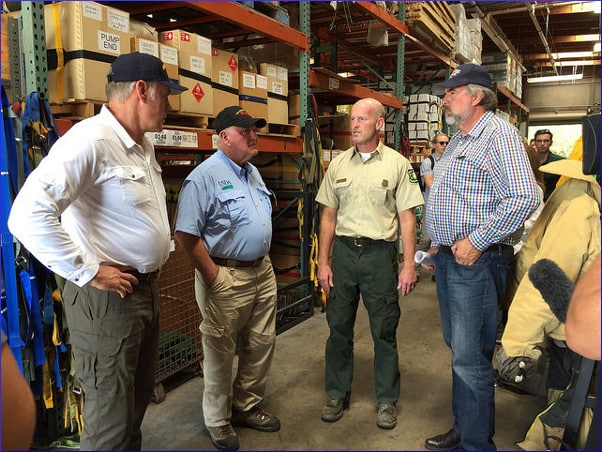
In order to grasp the dimensions of the food desert situation — or, as some would have it, the lack of a food desert situation — we examined the report issued some time back by the Bureau of Planning and Sustainability (BPS) in Portland, Oregon, because it so thoroughly enumerated and examined many of the basic questions. One thing became very clear. There are problems that have solutions, and there are solutions that have problems.
According to the report, 45 percent of the Portlanders who were surveyed were less than happy with the number of grocery stores in their neighborhoods. For 43 percent, transportation was a problem, at least some of the time. Almost half of the respondents did not generally have access to a car.
That’s a lot of people forced to encounter weather, exertion, time loss, and possible personal danger, just to get decent-quality food. The report said,
Several strategies could theoretically improve food access in these areas — bringing in low-priced grocery stores, improving transit access to low-cost stores in other areas, etc…. Strategies aimed at increasing affordability of existing options and improving purchasing power of low-income households are likely to be better long-term solutions in these cases.
It does not bode well that the 109-page document’s first Suggested Strategy is, “Regulate the food supply to keep harmful substances out of people’s diets.” Americans take their freedoms seriously, especially the freedom to self-destruct with a harmful diet. Some ideas specifically mentioned children:
Demand schools to improve the quality of cafeteria food and serve only healthy food to children… Create more community gardens in parks, so people can grow their own food and so children can learn how to grow plants.
During the years when former First Lady Michelle Obama was the national cheerleader for health, some good things happened in America. The present administration in Washington has been working hard to reverse all her efforts.
Sonny Perdue, Secretary of Agriculture, who thinks obesity is a joke, will be remembered mainly for telling a Virginia elementary school class, “I wouldn’t be as big as I am today without chocolate milk.” In the photo on this page, where he stands second from left, Mr. Perdue’s size can be seen. Since little kids aren’t tuned in to sarcasm or irony, we can only assume that he actually recommends aspiring to look like a beachball.
Two months ago, Julia Jacobs wrote for The New York Times,
This week, the United States Department of Agriculture announced its final plans to lower nutrition standards for grains, flavored milks and sodium in school cafeterias… Under the new rules, only half of the grain products on the cafeteria’s weekly menu must be whole grain-rich… As for the milk, the Trump administration is allowing schools to serve low-fat flavored milks, rather than just the nonfat version… Schools will still have to reduce sodium in lunches, but they will not be required to do so as aggressively.
One of the suggestions for Portland was to create a community forum where people could swap strategies about food resources. Faith communities and other groups sometimes organize van-pool excursions to full-service grocery stores or megamarts, and probably face bureaucratic obstacles like increased liability insurance. Volunteer services are unreliable, because stuff happens and people don’t show up — and what are you going to do, fire them?
An idea that should not be too arduous anywhere is the creation of numerous farmers’ market locations throughout a city, with a year-round location downtown. Activists are urged to encourage small grocers, convenience store owners, and farmers’ market vendors to accept WIC coupons and SNAP payments, which requires collaboration with government bureaus. Some innovative food access practices sound easy (at least to anyone who doesn’t have to do the paperwork.)
Citizens working for change are also advised to encourage these same retail food points to add extra service in the form of free (or cheap) delivery. The thing about a free service is the somewhere along the line, somebody pays for it. If free delivery is baked into the cost of doing business, all the customers pay.
If the only person who pays is the one who actually uses the service, that person is now penalized for being disabled, or for being a caregiver who can’t get out of the house, or a parent with sick child, or for not having a car, or for just plain being impoverished. Not surprisingly, this recalls a recently-discussed subject of deprivation amplification, also known as “It costs a lot to be poor.”
Your responses and feedback are welcome!
Source: “Visioning For Healthful Food Access In Portland,” PDX.edy, June 2009
Source: “Trump Administration Rolls Back Obama-Era Rules for School Lunches,” NYTimes.com, 12/08/18
Photo credit: Forest Service, USDA on Visualhunt/CC BY

 FAQs and Media Requests:
FAQs and Media Requests: 











